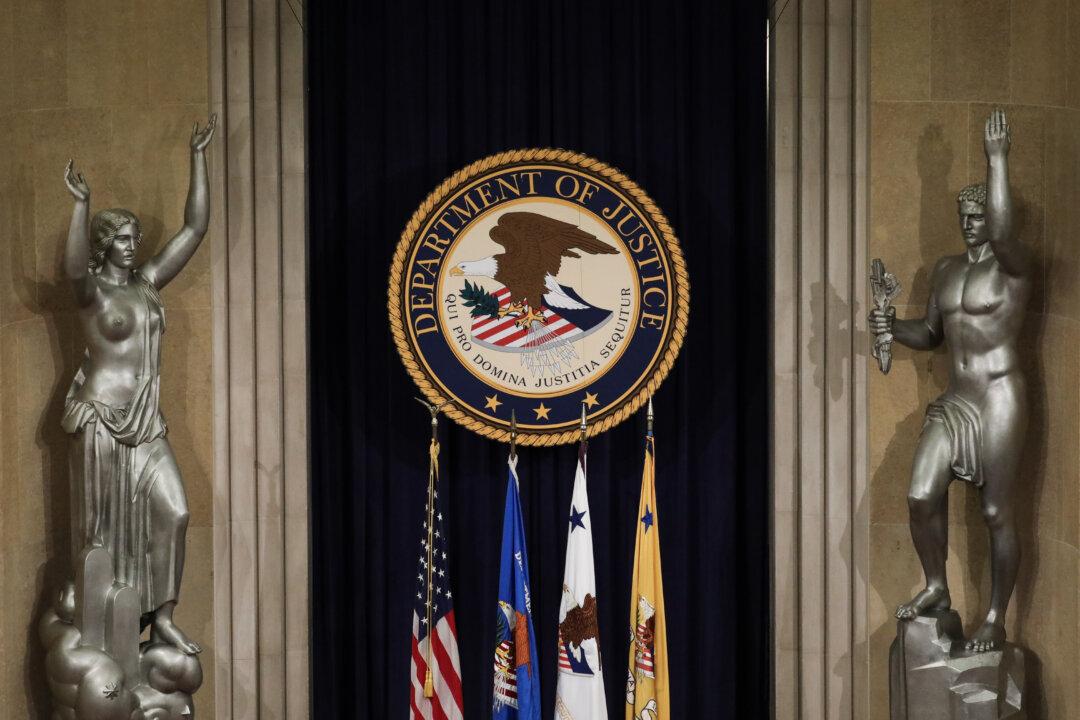The Justice Department (DOJ) said on Wednesday that it had disrupted hundreds of internet domains that cybercriminals have used to commit fraud and other crimes related to the COVID-19 pandemic.
Federal authorities, law enforcement, and a number of private-sector companies, including multiple internet domain providers and registrars, worked cooperatively to investigate and take action against fraudsters that aimed to exploit the concerns of the CCP (Chinese Communist Party) virus, the department said.




